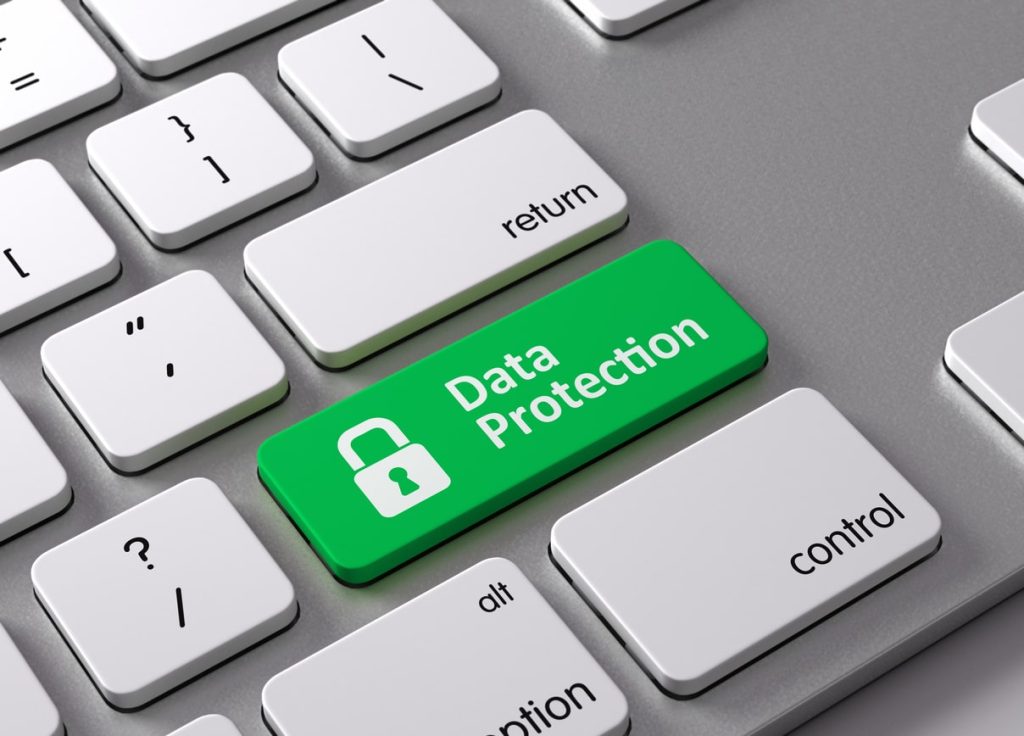Data is a key target for cybercriminals when targeting enterprises, healthcare providers, educational institutions, and local governments. From contact details and financial records to personnel files and project plans, data retained must remain accessible for firms to operate competently. Knowing this, threat operators like ransomware gangs often single out victims who offer vital services.
Ransomware encrypts the operating systems and applications of victims, effectively locking users out of their data, servers and networks. Unless a ransom demand is met, no decryption key will be given.
From local authorities providing community services to hospitals delivering life-or-death assistance, entities unable to access their data when hit by a ransomware attack can lead to personal injury. However, such activities can also impact the studies of pupils or customers in need of products and services when schools and companies are attacked.
As a result of this risk, cybersecurity experts advise that complete and up-to-date data backups are kept securely offsite at a location that is not connected to an entity’s dedicated network to avoid corruption. If an attack should take place, systems and software could be restored from a clean copy, and normal operations can resume, meaning that no ransom need ever be paid.
Unfortunately, this measure is no longer adequate to resolve a ransomware attack.
Double extortion
Ransomware operators have discovered another move to counter comprehensive data backups helping companies avoid giving in to their demands. Dubbed double extortion, attackers use a technique that involves them stealing data files when they initially gain access to a firm’s data files. Before encrypting their victim’s systems, attackers exfiltrate sensitive files and then threaten companies that they will expose the information online.
This means that while a business may be able to get up and running using its fresh backups, it will still face the threat of its customers and staff data and any private company dealings being disclosed to the public. This extra pressure is often enough to make many victims give in and pay quietly to protect their data and clients.
Beating double extortion
Fortunately, a solution exists which can foil ransomware attackers stealing and encrypting data. From hospitals and local government departments to universities and enterprises, all those handling and storing private information can beat threat operators at their own game.
End-to-end encryption can be added to any data file or email communication, effectively scrambling their contents into meaningless lines of irrelevant characters. As a result, users can ensure that if a ransomware attacker manages to penetrate their defences, they will still be unable to view any of their private data.
By combining efficient data backups with file encryption, you can ensure that your operation remains protected against this threat.
At Galaxkey, our encryption solution packs each data file or email in three protective layers. With three layers of encryption, it is also approved by the National Cyber Security Centre here in the UK.
Contact us today and access your free trial.


